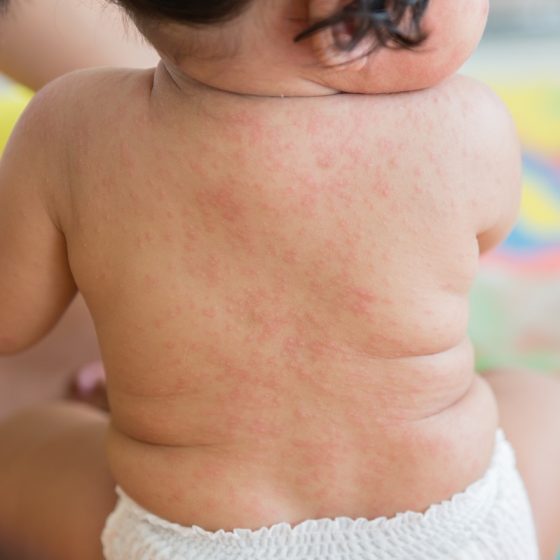Safe sex
What is safe sex? Safe sex means having sex without having contact with your partner’s body fluids (blood, semen or vaginal secretions). It also means avoiding contact with parts of your partner’s body that might be infectious. This reduces your risk of catching an STI. Withdrawing your penis before you ejaculate is not safe sex, as fluid can release before you ejaculate. If you don’t plan on being pregnant, safe sex also means using the right contraception for your situation. Your doctor can help you decide what contraception option is best for you. Safe sex means making sure that sexual activity always takes


